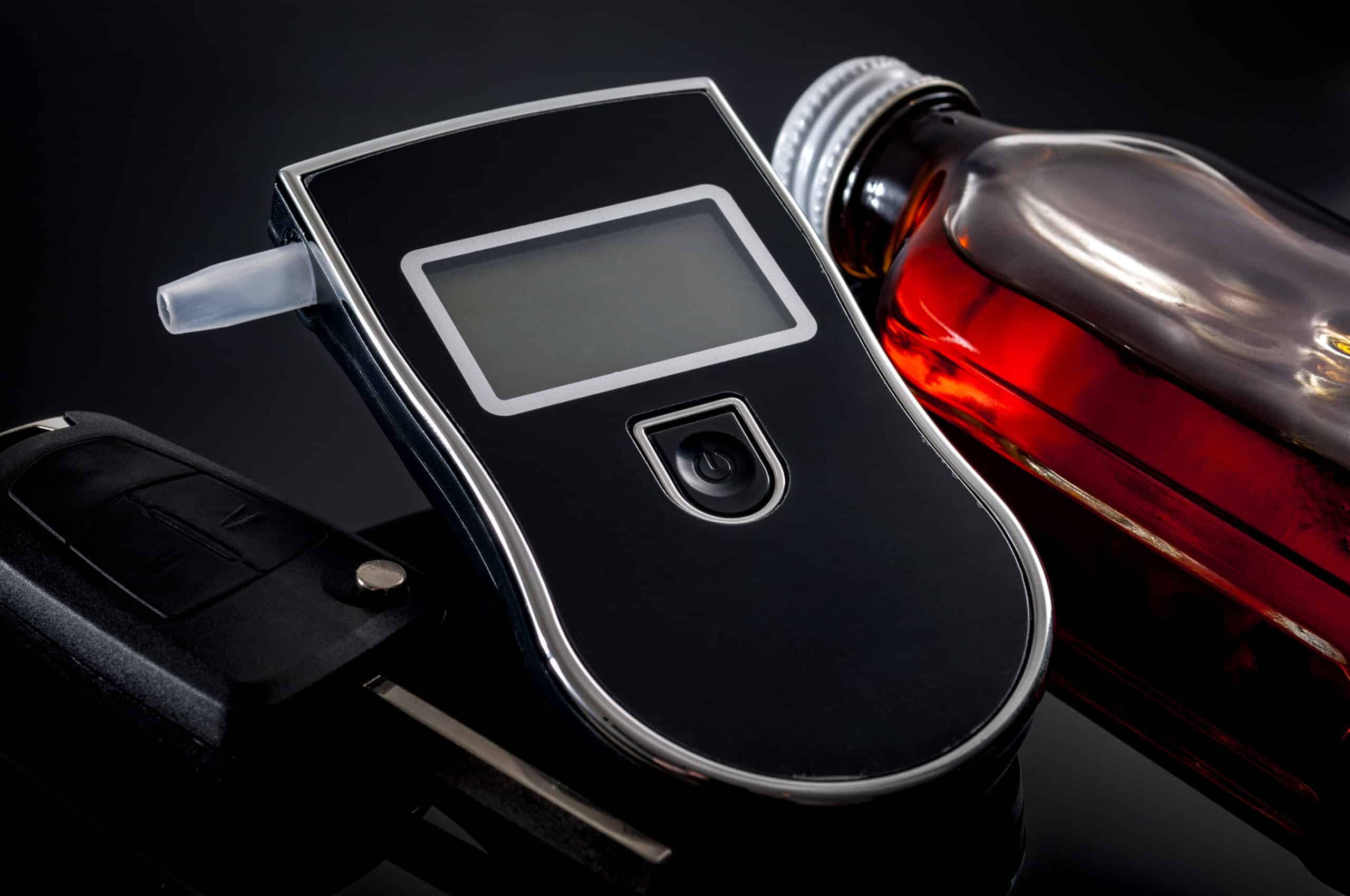Understanding When Force is Legally Justified Under Texas Self-Defense Laws
You never think you’ll need to defend yourself—until it happens. One moment you are walking to your car, the next someon
Read More
Call 24/7 For A Free Consultation
Driving while intoxicated is a serious offense in Texas, carrying legal consequences that can impact an individual’s life significantly. However, the question arises: could your medical condition lead to a DWI charge in Texas? Understanding the nuances of the law and the implications of medical conditions is crucial for anyone navigating the legal system in such situations.
In Texas, the term DWI refers to Driving While Intoxicated.
Under Texas law, “Intoxicated” means not having the routine use of mental or physical faculties by reason of the introduction of alcohol, a controlled substance, a drug, a dangerous drug, a combination of two or more of those substances, or any other substance into the body, or having an alcohol concentration of 0.08 or more.
It’s important to note that Texas has a zero-tolerance policy for minors (under 21) driving with any detectable amount of alcohol in their system. If a person under 21 is driving with any alcohol in their system, they may be charged with DUI or Driving Under the Influence.
Certain medical conditions can mimic the effects of alcohol intoxication, leading to potential misinterpretation by law enforcement officers during traffic stops. Conditions such as diabetes, epilepsy, and neurological disorders can cause symptoms like slurred speech, impaired coordination, and confusion, which may be mistaken for signs of intoxication.
In Texas, the legal consequences of a DWI conviction can be severe. For a first offense, penalties may include fines, license suspension, mandatory attendance in alcohol education programs, and jail time. Subsequent offenses carry increasingly harsher penalties, including longer license suspensions. mandatory installation of ignition interlock devices, and jail time.
When facing DWI charges in Texas, building a strong defense is paramount. This involves thoroughly examining the circumstances surrounding the arrest, including any medical conditions that may have contributed to the observed impairment. Consulting with an experienced criminal defense lawyer who understands the complexities of DWI cases is crucial for crafting an effective defense strategy.
Law enforcement officers often use field sobriety tests (FSTs) to assess a driver’s level of impairment during a traffic stop. However, these tests can be unreliable, especially for individuals with certain medical conditions that affect balance and coordination.
A skilled defense attorney may challenge the validity of FST results based on factors such as improper administration or the individual’s medical condition. For example, an officer must give very specific instructions with each test. If a Field Sobriety Test is not administered correctly, the results may be deemed inadmissible in evidence.
In cases where a medical condition may have influenced the driver’s behavior or performance on sobriety tests, expert testimony from medical professionals can be invaluable. Medical experts can provide insight into how specific conditions may manifest symptoms similar to intoxication and testify to the individual’s impairment level at the time of the arrest.

Breathalyzer and blood tests are commonly used to measure BAC levels in DWI cases. However, these tests may not accurately reflect an individual’s level of impairment, mainly if a medical condition is present. Defense attorneys may challenge the reliability of these tests based on factors such as improper calibration or medical conditions that could affect the results.
Navigating DWI charges in Texas can be daunting, especially when medical conditions are involved. Understanding the differences between DWI and DUI and the legal consequences of each offense is essential for anyone facing such charges.
By building a solid defense with the guidance of an experienced criminal defense lawyer, individuals can work towards achieving the best possible outcome in their case.

Facing an assault charge in Houston is a serious matter that can bring uncertainty and fear about what lies ahead. Texas law treats assault offenses with varying degrees of severity, ranging from misdemeanors to felonies, depending on the circumstances of …
Getting pulled over on suspicion of driving while intoxicated (DWI) can be a terrifying experience. The flashing lights in your rearview mirror, uncertainty about what’s happening, and concerns about your future all rush through your mind. Understanding what occurs during …
Notifications